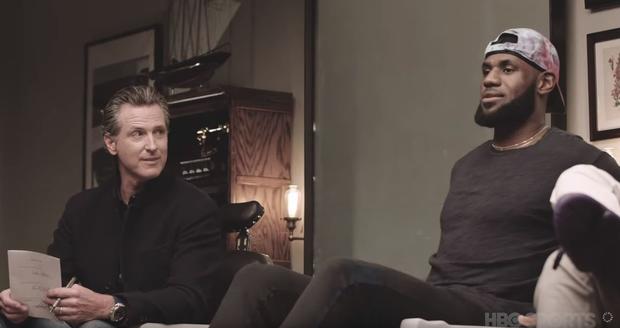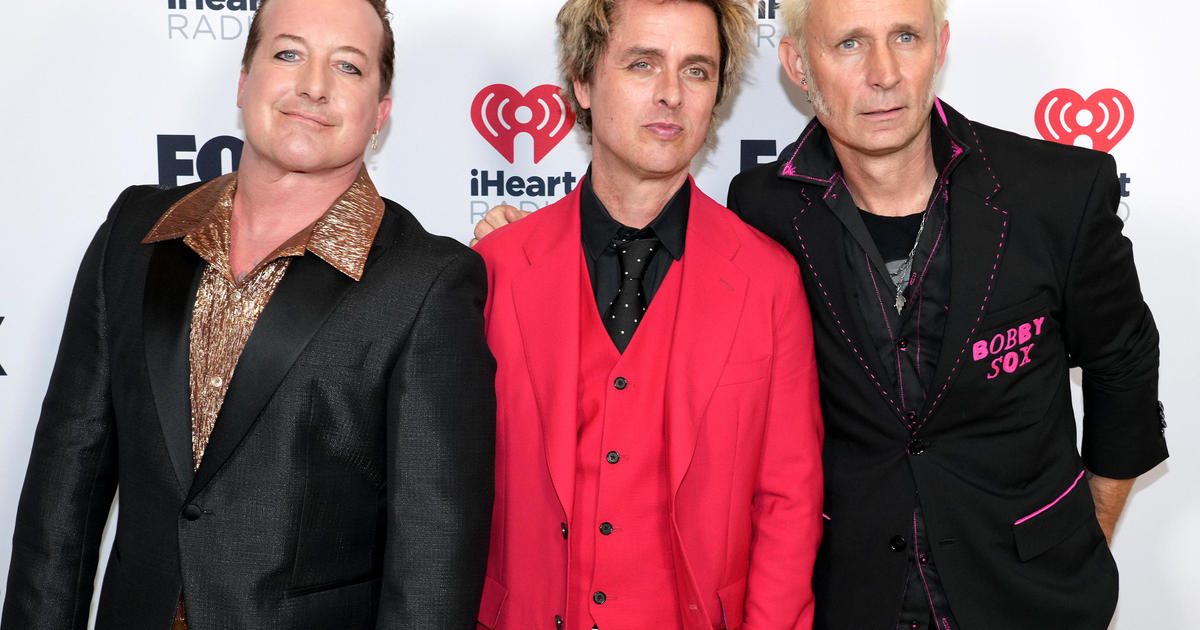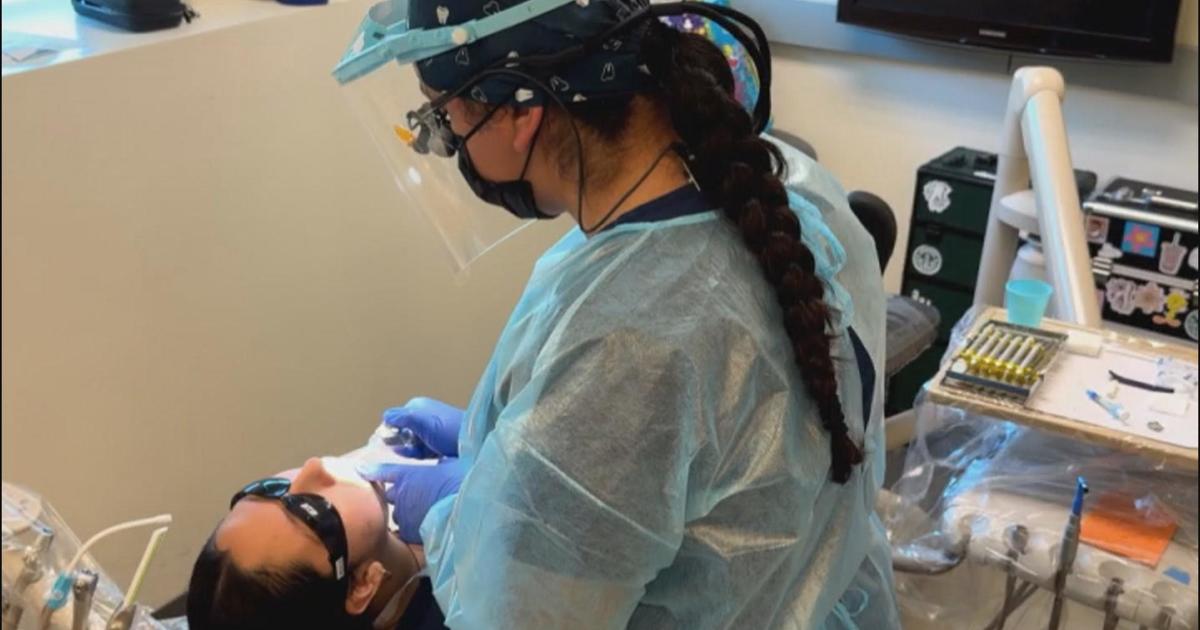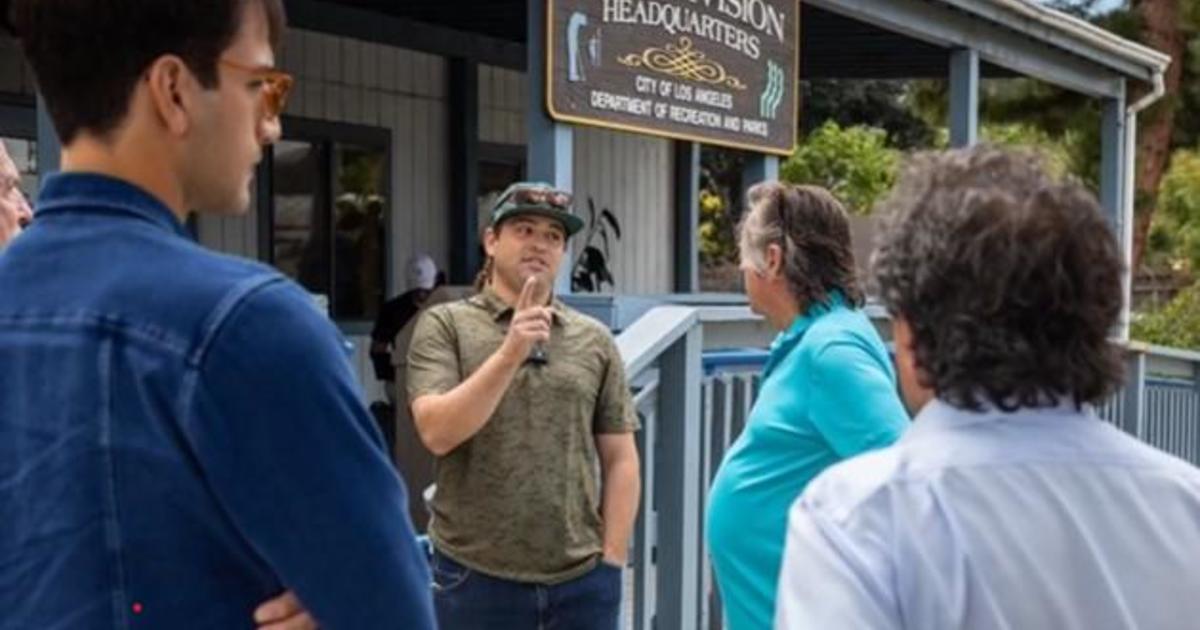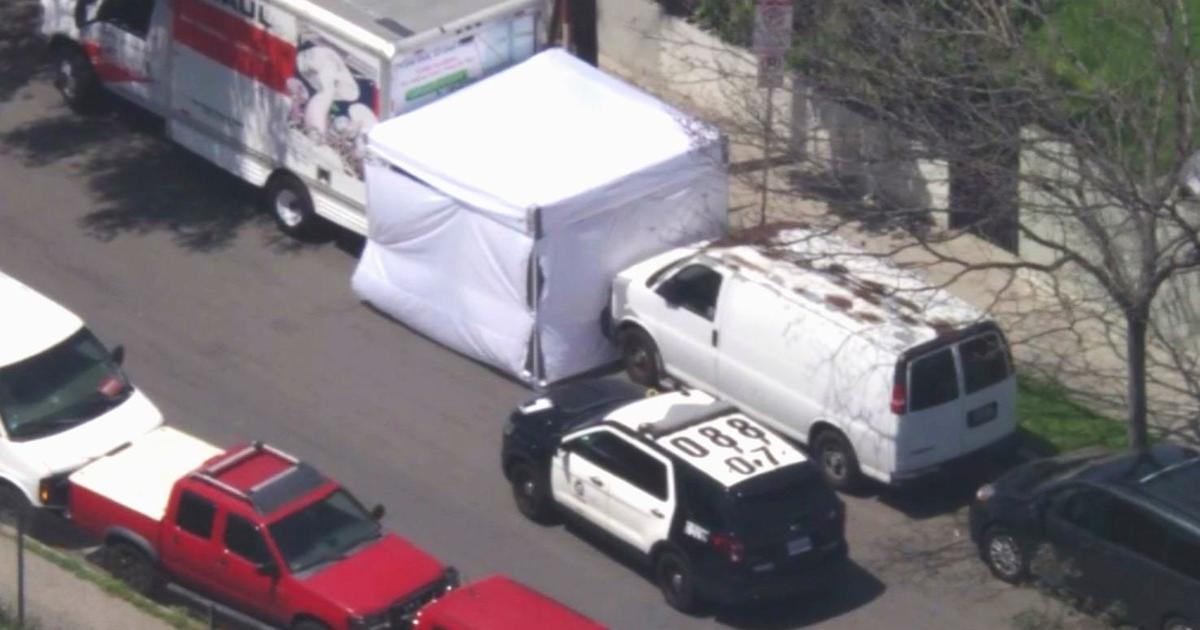Calif. Governor Signs Bill Allowing College Athletes To Get Paid, As LeBron James Looks On
LOS ANGELES (CBSLA/AP) — California Gov. Gavin Newsom has signed the controversial fair pay-to-play bill which will allow NCAA college athletes to get paid, and he did it in the unlikeliest of settings.
On Monday, HBO released a clip of Newsom signing Senate Bill 206 on LeBron James' show "The Shop."
James has been a huge proponent of the bill, which will let college athletes hire agents, make money from endorsements, and get paid for the use of their likeness or image, defying the NCAA and setting up a likely legal challenge that could reshape amateur sports in the U.S.
The law also bans schools from kicking athletes off the team if they get paid.
In the HBO show, which is set in a barber shop, Newsom signs the bill while sitting in a barber chair alongside a smiling James and several other athletes, including WNBA legend Diana Taurasi and former UCLA basketball star Ed Bannon, who himself was part of a major successful class-action antitrust lawsuit against the NCAA back in 2014 for the use of college athletes' likenesses in video games.
"Part of the reason I went to the NBA was to get my mom out of the situation she was in," James said in the clip. "I couldn't have done that if I had stepped on a college campus. Could it have happened a year after that? I don't know, you never know what happens in that year. I couldn't imagine, man, just going to a campus and doing the things I know I would have been capable of doing there, and just selling out that arena."
Newsom told James that he has received phone calls from NCAA President Mark Emmert and other college presidents trying to dissuade him from signing the landmark legislation.
"He's (Emmert) trying to make sure I don't use this pen tonight, that's what he's trying to do," Newsom said. "Look, they're a little panicked, because they recognize they're vulnerable. People are hitting this, not just in California, but all across the country. Because the gig's up. Billions and billions of dollars, 14-plus billion dollars goes to these universities, goes to these colleges, billion-plus revenue to the NCAA themselves. And the actual product, the folks that are putting their lives on the line, putting everything on the line, are getting nothing."
The law will take effect on Jan. 1, 2023. It does not apply to community colleges and bans athletes from accepting endorsement deals that conflict with their schools' existing contracts
California is the first state to pass such a law.
"You can only imagine how they're responding to this notion of name, image, likeness and the opportunity now to do what every other student in the university can legally do...it's an interesting fact LeBron, the only people that sign away their right, the only group...are athletes," Newsom said.
The NCAA Board of Governors had asked Newsom to veto the bill, saying it "would erase the critical distinction between college and professional athletes." The board also warned that the law would give California universities an unfair recruiting advantage, which could prompt the NCAA to bar them from competition.
If that happened, powerhouse programs like USC, UCLA, Stanford University and Cal Berkeley would be banned from NCAA competition.
But while the NCAA is the top governing body for college sports, membership is voluntary. If the California schools are forced out, it could prompt others to follow and form a new league.
"It's going to initiate dozens of other states to introduce similar legislation," Newsom said. "And it's going to change college sports for the better by having now the interests, finally, of the athletes on par with the interests of the institutions."
The NCAA does let some athletes accept money in some cases. Tennis players can accept up to $10,000 in prize money per year, and Olympians can accept winnings from their competitions. Plus, schools in the "Power 5" conferences can pay players yearly cost-of-living stipends of between $2,000 and $4,000.
"As a former student-athlete, I was only a student-athlete for a year, but I think it's a really good thing just because it is a full-time job," USC student Madison Knight told CBS2 Monday. "You can't have job outside of trying to balance a full course load."
The NCAA reported $1.1 billion in revenue in 2017. It provided CBS2 with the following statement Monday:
"As a membership organization, the NCAA agrees changes are needed to continue to support student-athletes, but improvement needs to happen on a national level through the NCAA's rules-making process. Unfortunately, this new law already is creating confusion for current and future student-athletes, coaches, administrators and campuses, and not just in California.
"We will consider next steps in California while our members move forward with ongoing efforts to make adjustments to NCAA name, image and likeness rules that are both realistic in modern society and tied to higher education.
"As more states consider their own specific legislation related to this topic, it is clear that a patchwork of different laws from different states will make unattainable the goal of providing a fair and level playing field for 1,100 campuses and nearly half a million student-athletes nationwide."
(© Copyright 2019 CBS Broadcasting Inc. All Rights Reserved. The Associated Press contributed to this report.)
